Programs
Education
In Uganda, only 1 in 4 children who starts primary school continue their education and make it to secondary school. Only 40% of children are literate in primary 6. In over half of all public schools in Uganda, more than 60% of teachers are out of classrooms not teaching during the school day. Common school problems in Uganda are lack of teacher training, teacher and learner high rate of absenteeism, scarce teaching materials, overcrowded classrooms, low budget with 60% of the educational sector’s money going to wages, bathrooms and sanitation deficiency.
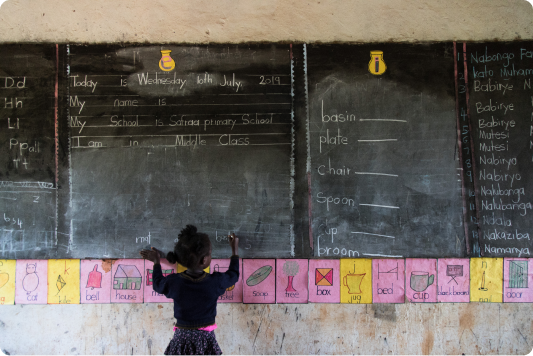
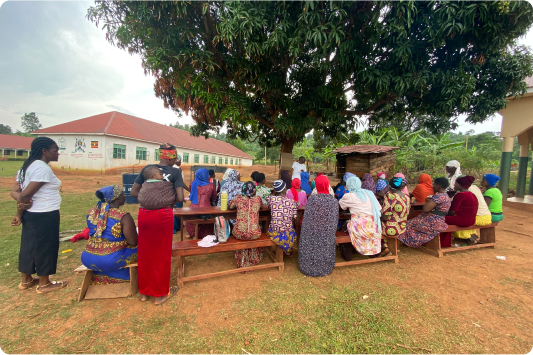
Community Center
Community and leadership empowerment is one of our main objectives for more sustainable solutions. We also try to base the income-generating projects on resources from their own environment to be more accessible, affordable, sustainable, and produce less waste.
Counter for Projects, health centers, mosques, community events, beneficiaries
Livelihood
More than half of rural households in Uganda their main income resource is farming. Wages from farming are not stable as it is seasonal. Uganda has around 3.1 million orphan children most of which have become orphans because of HIV/AIDS.
In Sofraa we are planning to build a child care center, we support orphan kids living with their extended families, and we create job opportunities for community members through our work or by recommendations.
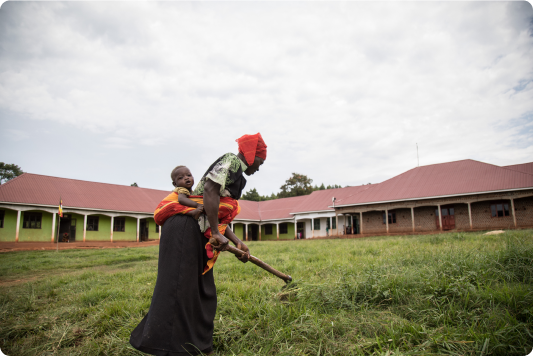
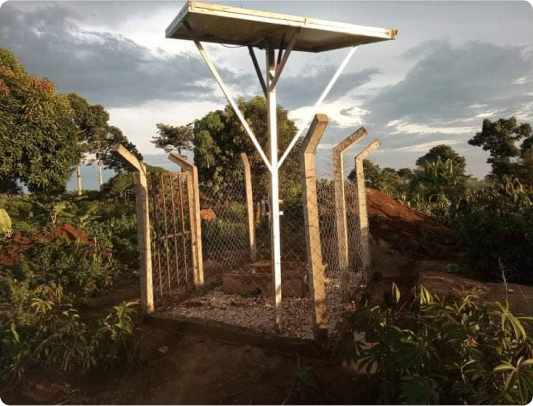
Climate Action
The economy of Uganda is highly dependent on natural resources, making the country vulnerable to the impacts of climate change. Climate change is one of the factors affecting the quality, quantity, and availability of water in Uganda. There is a vulnerable water supply and sanitation services, which are also affected by the poor infrastructure in Uganda. These undesirable consequences further induce public health problems, and the prevalence of water-related diseases such as Hepatitis A, and diarrheal diseases. Besides, climate variability and extremes are becoming a key force behind world hunger due to drought, food crisis, floods, severe heat.
In Sofraa we try to contribute to the climate action by using renewable energy and reducing the CO2 emmissions, in addition to raising awareness on Climate issues.
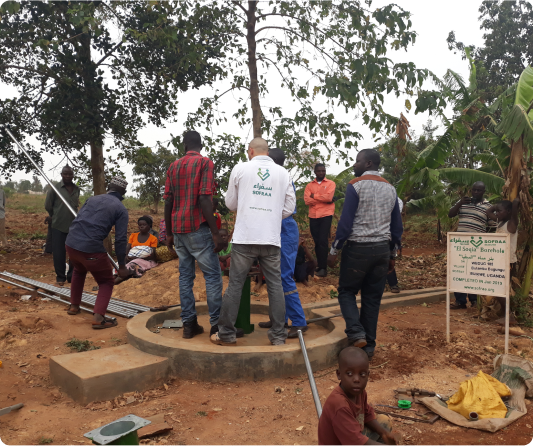
WASH – Water, Sanitation, and Hygiene
Contaminated water is a major threat among communities throughout Africa. Every hour, an estimated 115 people die in Africa from diseases linked to improper hygiene, poor sanitation, and contaminated water, according to the United Nations Department of Economic and Social Affairs (UNDESA).
There’s a lack of access to clean drinking water. They depend on unsafe sources such as rivers, lakes and unprotected wells which is contaminated and leads to a burden of diarrheal diseases. Besides, walking long distnces daily to reach the nearest source of water.
We dig boreholes for those who do not have access to an improved source of water. Borehole drilling projects are providing a lifeline to water-deprived communities. They ease water challenges in those areas.
Food Aid
World hunger is when people spend entire days with nothing to eat due to various reasons such as lack of money and lack of access to food and other resources. When a person consumes below 1,800 calories per day, it qualifies as food deprivation or undernourishment. Hunger is a vicious cycle that leads to not having the energy nor strength to work and provide more food for the family.
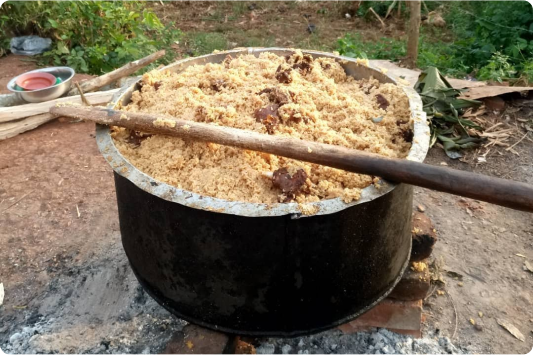
Medical Aid
- Sponsor medical cases such as surgeries.
- Medications.
- Partnering with other medical centers.
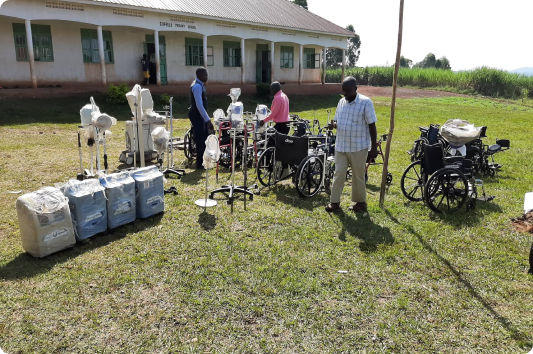
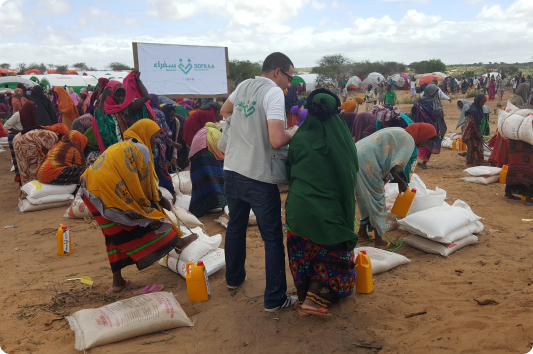
Relief Campaigns
89.3 million people worldwide are forcibly displaced from their countries due to war or natural crises. 83% are hosted in low- and middle-income countries.
Sofraa supports refugees and displaced people in different countries.
